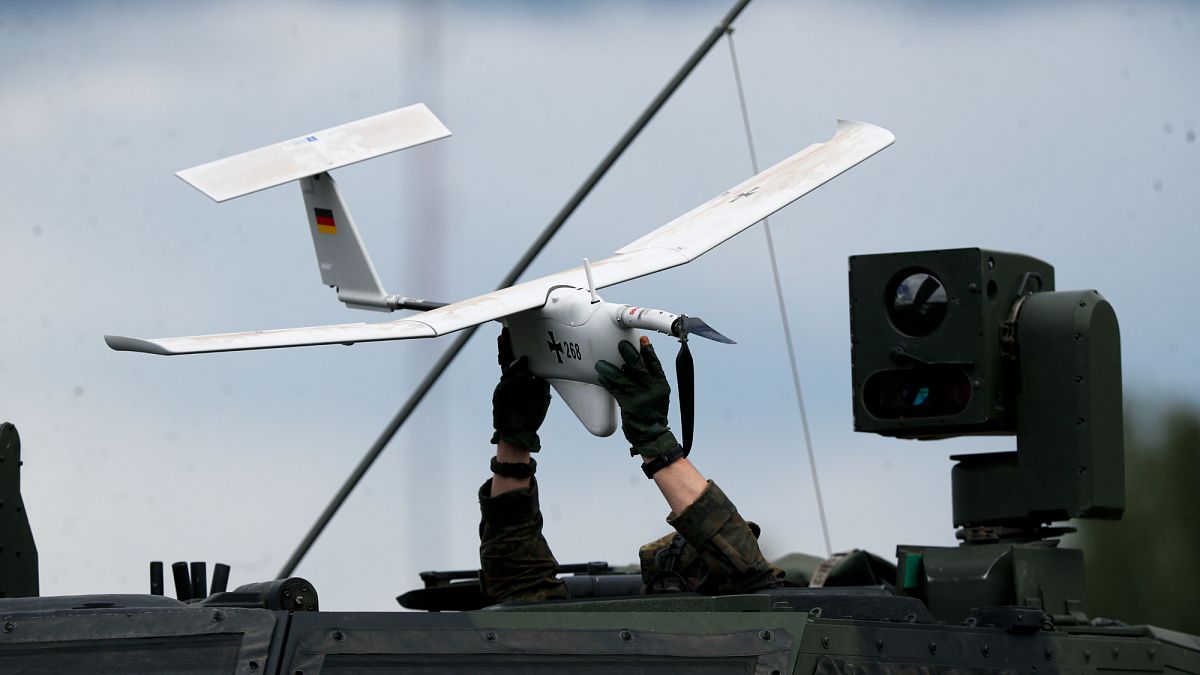Lithuania sparks a Baltic wave of youth learning to build and fly drones

New Drone Training Initiative Targets 22,000 Lithuanians in September
Three cutting‑edge training centres will open this month, aiming to teach over 22,000 people—including 7,000 children—how to design, build, and fly drones.
Key Highlights
- Launch of three state‑of‑the‑art laboratories across the country.
- Target audience: 22,000+ participants spanning all age groups.
- Special emphasis on 7,000 young learners to foster STEM skills.
- Curriculum covers drone construction, software programming, and operational safety.
Lithuania Introduces Drone Education for Students
As September rolls around, schoolchildren in Lithuania will no longer be limited to math and history.
In a new initiative by the Ministry of Defence, the nation will teach both the public and students in grades 3 through 12 how to build and operate drones.
Project Overview
- Scope: Hands‑on training on drone construction, programming and flight control.
- Target audience: General public, primary and secondary school pupils.
- Timeline:
- First three training centres opened by September 2024.
- Total of nine centres to be operational by 2028.
Statements from Ministry Leaders
Valdas Jankauskas, director of the Lithuanian Non‑Formal Education Agency (LINEŠA), said:
“Drones are now an integral part of science, industry and everyday life.
This project allows the next generation to explore this field early, whether they become future engineers or active citizens.”
Why the Focus on Drones?
Recent security concerns have underscored the need for domestic drone expertise:
- A Russian unmanned aircraft carrying explosives violated Lithuanian airspace on 22 April, landing near a military training base.
- Officials have urged greater NATO collaboration to counter such incursions.
- Former Prime Minister Andrius Kubilius highlighted that Lithuania’s readiness to counter drone strikes is insufficient, noting a potential threat of “hundreds of thousands” of hostile drones.
Impact on National Security
The initiative is designed to equip citizens with practical knowledge that can:
- Strengthen the nation’s response to drone-based threats.
- Provide a talent pool for future engineers and civic participants.
- Enhance public resilience against technologically advanced adversaries.
Other Baltic countries have drone education programmes
Lithuania Aims to Build a Nation of Drone Experts by 2028
Lithuania’s Ministry of Education has set an ambitious target: by 2028, over 22,000 citizens—including 7,000 children—will possess “drone‑control skills.” These competencies range from designing and assembling drones to operating them in a variety of settings.
Early‑Stage Learning (Age 9‑10)
- Students receive hands‑on instruction through practical experiments and interactive games.
- The curriculum focuses on the fundamentals of drone construction, encouraging creativity and problem‑solving.
Secondary School Expansion (Age 11‑16)
- Learners graduate to pilot first‑person drones inside controlled environments.
- They continue to build more sophisticated models, integrating mechanical and electronic principles.
High‑School Mastery
- Students design and manufacture 3D‑printed drone components.
- Participation in state and national competitions tests their design ingenuity and operational skills.
Regional Drone Education Initiatives
Estonia
- Commitment to a drone programme by the middle of 2026, as part of its coalition pact.
- Every participating school receives its own drone kit—though the exact content of the courses remains undisclosed.
- The initiative is woven into Estonia’s 2023 national defense curriculum, fostering civic awareness and readiness.
Latvia
- Launched a pilot drone training camp in July.
- Thirty‑two youth cadets honed flight basics and electronic warfare techniques.
Security Infrastructure
- All three countries are developing a “drone wall” along their eastern borders with Russia.
- Estonia’s plan includes an initial drone detection system on the border and in four major cities—scheduled for early 2027.
These coordinated efforts illustrate the Baltics’ shared commitment to integrating drone technology into education while simultaneously enhancing national security measures.





